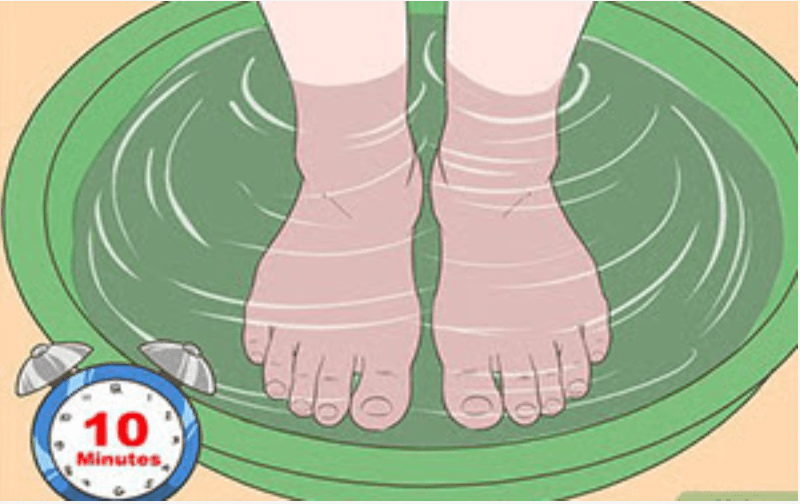Your Body Is Trying To Warn You! - Spot This Before It's Too Late | Dr. Mindy Pelz
Dementia can creep in silently, impacting our lives in ways we hardly notice initially. Understanding its symptoms and knowing how to respond can empower individuals to preserve cognitive function effectively. In this article, we explore four often-overlooked signs of dementia and provide actionable strategies to combat its effects.
Dementia doesn’t always announce itself in obvious ways. Four subtle but significant signs can indicate that your brain isn’t functioning at its optimal level.
In today’s fast-paced digital world, attention spans are shortening. Training our brains with short bursts—such as quick social media scrolling—is creating what some call an "ADD brain." This diminishes our ability to concentrate on longer tasks. Reducing screen time and engaging in longer-form content, like full-length articles or videos, can help recalibrate our focus.
Forgetfulness might seem like a natural part of aging, but it doesn't have to be. Memory loss can be a symptom of diminishing brain-derived neurotrophic factor (BDNF), which is often impacted as women experience a loss of estradiol during menopause. Simple lifestyle changes such as regular exercise and incorporating fasting can help increase BDNF levels.
When everyday routines become confusing, it may signal an underlying issue. For instance, forgetting simple tasks like setting a table or placing detergent in the dishwasher periodically deserves attention and potential intervention.
Mood fluctuations are frequently attributed to menopause in women due to hormonal changes. However, consistent mood changes combined with other symptoms could point to cognitive decline. Identifying the root causes early is crucial for managing these shifts effectively.
For women especially, increasing estrogen levels post-menopause is essential. Methods include hormone replacement therapy (HRT), engaging in specific fasting protocols, and following structured wellness guides like the Menopause Reset Program.
Consume a diet filled with vibrant colors from fruits and vegetables, emphasizing organic and regeneratively farmed sources. Nutrient-rich foods supply essential compounds necessary for maintaining optimal brain function and overall health.
Exercising regularly doesn’t just support physical well-being—it also stimulates brain activity which is critical for maintaining cognitive function over time. A consistent regimen combining strength training and cardiovascular activity works wonders.
Our current health care system often favors quick fixes and pharmaceuticals for aging issues. Instead, emphasize the profound importance of lifestyle choices in nurturing mental health. Adopting habits such as metabolic switching, reducing toxic exposure, and engaging in varied routines can dramatically enhance neurological pathways.
"Lifestyle changes, including fasting and diet richness, are key to fighting dementia's progression."
Ultimately, it is lifestyle "choices that dictate our path toward aging gracefully. Encouraging routines that prioritize dynamic living can usher individuals toward sustained cognitive vitality, even amidst challenges like menopause.
From Around The Web
Wellness Inbox is a blog & weekly newsletter that curates trending news and products related to health and wellness from around the web. We also gather content from various sources, including leading health professionals, and deliver it directly to you.
Please note that we may receive compensation if you purchase any products featured in our newsletter. Wellness Inbox is not affiliated with, nor does it endorse, any health professionals whose content may appear in our newsletter. The information provided is for general informational purposes only and should not be considered medical advice.
The information provided is not intended to replace professional medical advice, diagnosis, or treatment. All content, including text, graphics, images, and information available is for general informational purposes only. We do not guarantee the accuracy or completeness of any information presented and assume no liability for any errors or omissions. The content is subject to change without notice. We encourage you to verify any information with other reliable sources and consult your physician regarding any medical conditions or treatments.







